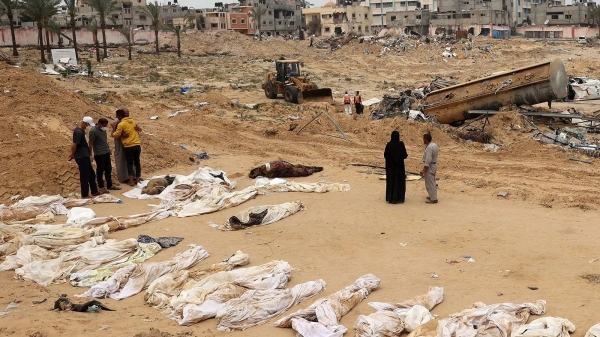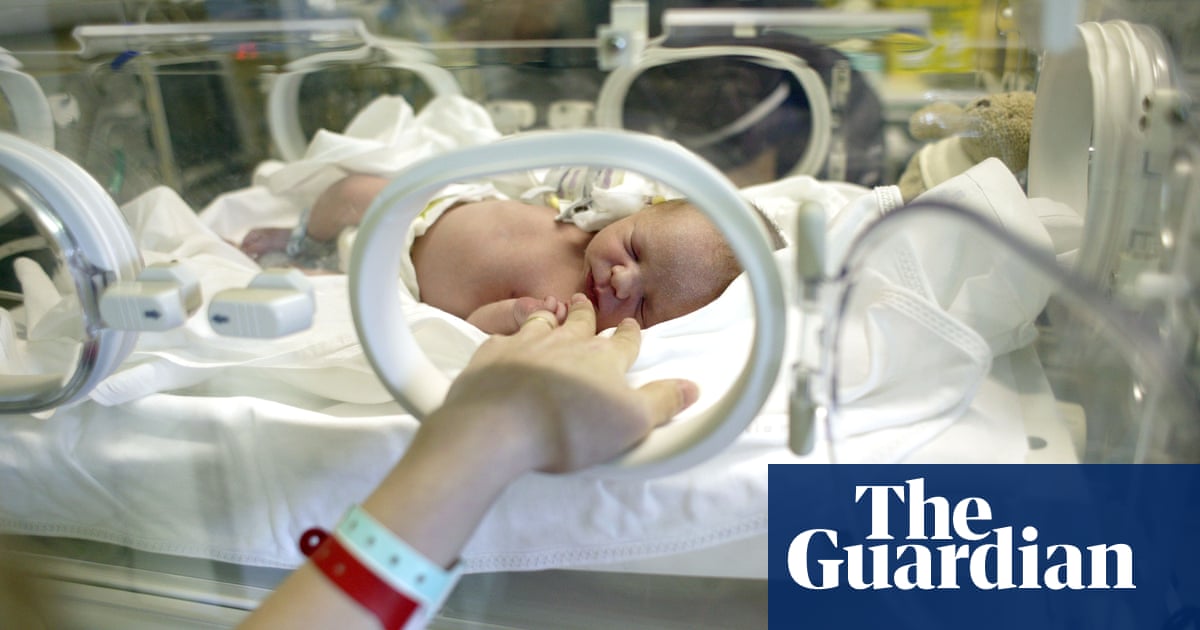
DAUGAVPILS, Latvia, Nov 9 (Reuters) - In an inconspicuous building of the main hospital in the Latvian city of Daugavpils, bags containing the bodies of dead COVID-19 patients lie on the ground of a makeshift morgue, held here as city gravediggers clear space for new graves.
Latvia, one of the least vaccinated countries in the European Union, is facing its most severe outbreak of COVID-19 yet. In Daugavpils, where vaccine uptake is especially low, deaths have soared.
Hospital chairman Grigorijs Semjonovs says that the unprecedented number of deaths meant often bodies at the morgue ended up stacked on top of each other, unclaimed for days, as relatives fight queues at cemeteries to bury them.
"This is all due to low vaccination rates", he told Reuters. "There was nothing previously like this wave. Doctors say they are burning out physically and spiritually."
The number of patients in ICU has more than doubled compared to previous waves, and the hospital can sometimes receive up to 40-50 new COVID patients in 24 hours, he said.
Semjonovs set up the temporary morgue when the hospital"s existing morgue could no longer cope, but said he kept the location hidden to prevent anti-vaccination activists from gaining access, something they had tried to do before.
Vaccine hesitancy is a global phenomenon, but experts say central Europeans may be particularly sceptical, after decades of Communist rule that eroded public trust in state institutions and left underdeveloped healthcare systems struggling with poor funding. read more
About 60% of adults in Latvia are fully vaccinated, according to European Commission data, below the union average of 76%. In and around Daugavpils, the largely Russian-speaking region of Latvia, vaccination hesitancy is fuelled by Russian media, according to Sejmonovs.
"Russia, in its media, talks up its own vaccines and criticises those available in Europe, which breeds distrust in Latvia," he said. "And there"s the mass disinformation on social media, and people trust it more than doctors."
Even health care workers are not convinced. Although Latvia made the COVID-19 vaccine mandatory for them, around 30 percent of the hospital staff have so far chosen to remain unvaccinated, he said.
Up to 60 fresh graves lined the edge of Daugavpils Communal Cemetery, all of them dug between late September and October. In a nearby field, workers were clearing debris to make space for new burials.
"I have a lot of work now. The first and second waves were quite fine, but the third one is really bad," said Aleksandr Nikiforov as he shovelled soil out of the grave he was digging, already waist-deep.












